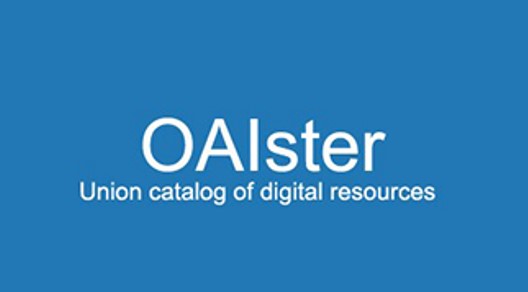Economic growth and pollution in the ECOWAS region: An application of the PSTR model
DOI:
https://doi.org/10.5281/zenodo.15223078Keywords:
Economic growth; Decoupling; PSTR; Pollution; Global warming.Abstract
The destruction of the ozone layer through the release of greenhouse gases (GHG) into the atmosphere, leading to global warming, is one of the most serious environmental threats posed by anthropic activities. The aim of this article is to analyze the relationship between economic growth and environmental pollution in the countries of the Economic Community of West African States (ECOWAS), using the Kuznets Environmental Curve (KEC) and calculating decoupling indices. The econometric estimates are based on the Panel Smooth Threshold Regression (PSTR) model and cylindrical panel data covering the period from 1996 to 2021. Analysis of the decoupling indices reveals that no ECOWAS country is in a situation of recoupling, either from one period to the next, or over the entire study period. The estimation results indicate a non-linear relationship between the economic development indicator and the environmental indicator, and a threshold at which energy consumption, population density, Foreign Direct Investment (FDI) and trade openness significantly increase carbon dioxide (CO2) emissions in ECOWAS countries. These results suggest that economic growth objectives should be accompanied by adaptation measures, and that attention should be paid to the quality of FDI and to the migration of industries.
Downloads
Published
How to Cite
Issue
Section
License

This work is licensed under a Creative Commons Attribution-NonCommercial-NoDerivatives 4.0 International License.























